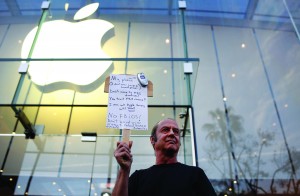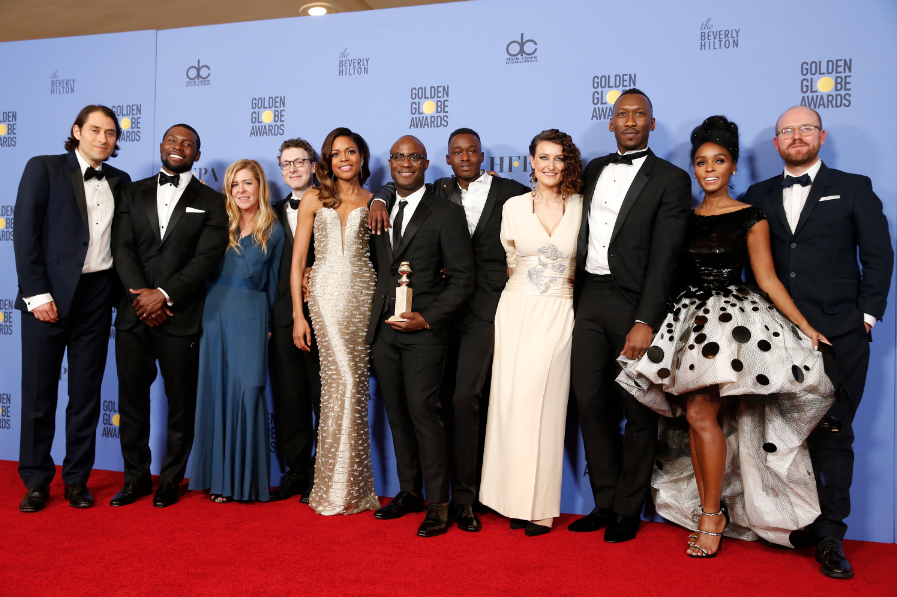After the San Bernardino terrorist in December where shooter and former employee of the county public health department Syed Rizwan Farook shot co-workers and patients, FBI has requested the help of Apple to break into Farook’s iPhone.
At first, the answer seems clear: “Unlock the phone,” but it is much more complex than that. Apple has an entire security system created to protect their customer’s information. I don’t believe that Apple doesn’t want to help the FBI, but it is just too much of a liability on their company. Recovering the passcode is not a simple task. Apple will have to essentially destroy their security system and break into their own system. Unlocking their security could leave loop-holes for outside hackers to get personal information from Apple’s customers. Apple’s customers including myself would not be happy if our information was at risk.
There have been many statements out saying that if the FBI really wanted the information on the terrorist’s phone they could get it through their own intelligence. I agree that there is no way that the FBI, one of the most powerful national security systems in the world cannot break into a phone. It surely has been done before. Some sources say that FBI has been trying to get into Apple’s system for while now and this was their chance to get into the system. That alone makes me feel very suspicious of the FBI’s intentions.
I believe there is much more than the San Bernadino case that FBI wants to know. Apple stated that unlocking the system would leave vulnerability of other customers information, meaning every person who knows an iPhone personal information is at risk, yet FBI persists to obtain the information. Why is it that security systems are so relentless to get people’s personal information? When Snowden exposed the NSA of spying on civilians it started a backlash of paranoia towards national security systems validity. FBI seems to be putting itself in the same stalker category.
I think Apple is being smart about the whole situation. Most people own iPhones and many people would not be happy to know that their personal information has a chance of exposure. Of course it is understandable that FBI wants to get more information on the terrorist hoping to prevent upcoming acts of terrorism, but there interest seems to exceed Farook’s iPhone. FBI’s interest is in Apple. FBI needs to look beyond their interest and look at the interest of the people, which is to respect our right to privacy. I don’t want my personal information: address, photos, family members names and numbers to be out in the open for anyone to take.
The phone that the terrorist had was a work phone given by the public health agency he worked for. He did not own it very long, and I find it would be foolish for him to use that device for communicating to other terrorists. Most likely Farook had another device that he used to communicate with the outside terrorists.
People send, post, and upload whatever they want to show about themselves to the world, we have a choice in what we want the world to know about us, security systems do not. Our phones are a part of our rights. Breaking into an iPhone of a terrorist that could cost the security of every iPhone’s user’s information is not worth the risk. FBI doesn’t get do what they want just for their own benefit, especially if doing what they want involves risk of exposing personal information of iPhone users. I congratulate Apple on defending their customers and keeping out FBI’s nose out of people’s business.





